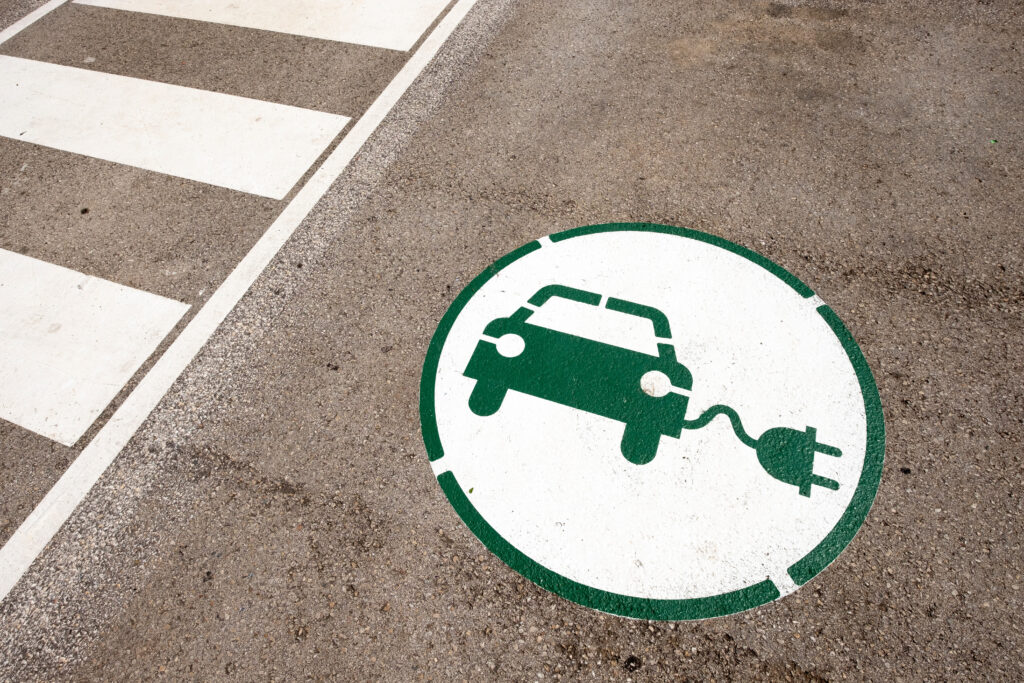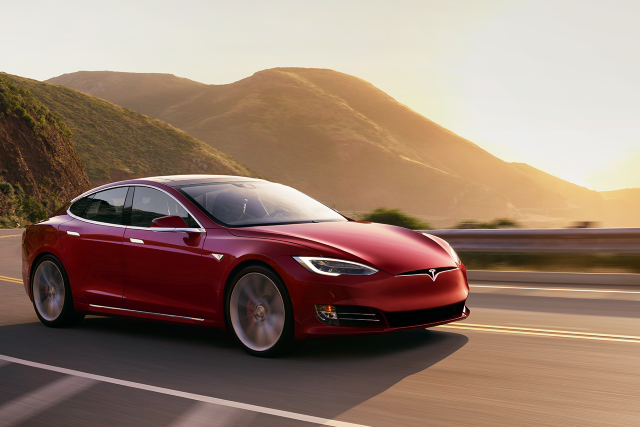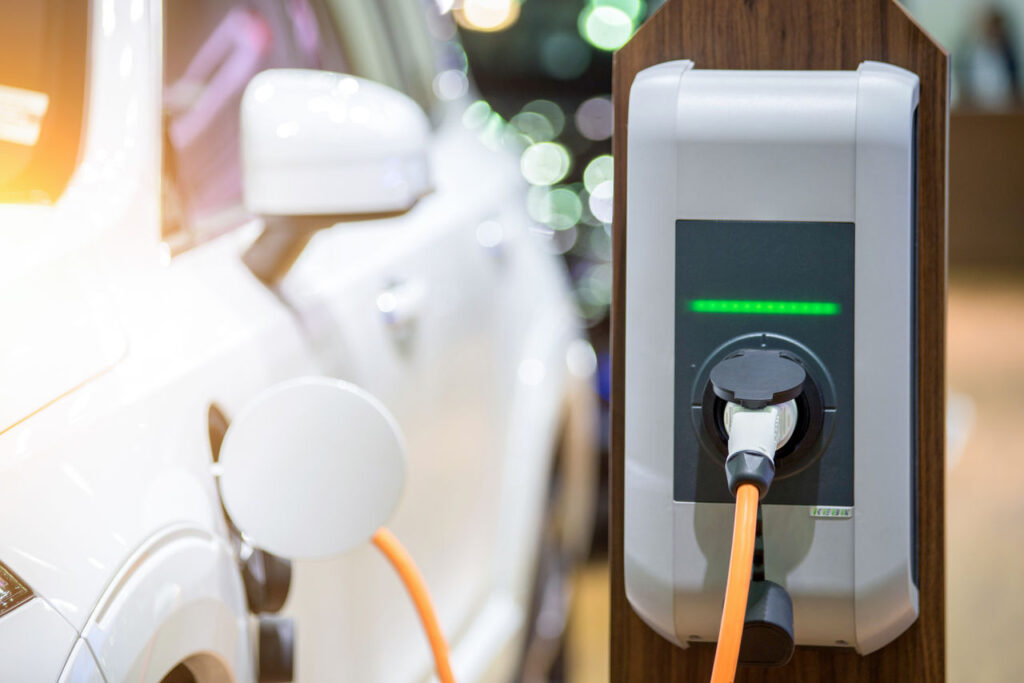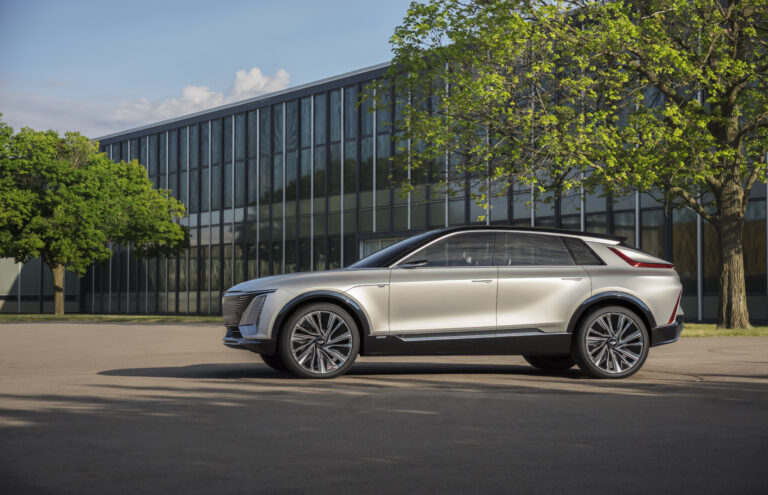
Earlier in February, the U.S. Department of the Treasury announced tweaks to the electric vehicle rebate programs that make more vehicles eligible for the tax credit. The changes reclassify certain crossover vehicles as SUVs rather than sedans.
Here’s why the change was made and what it means for you.
The Inflation Reduction Act made various changes to the federal EV rebate programs, such as requiring that vehicles be assembled in North America and limiting the rebate to taxpayers below certain income thresholds.
One of the changes allowed only vehicles under certain manufacturer’s suggested retail price thresholds to be eligible:
- SUVs, pickup trucks and vans that have a maximum MSRP of $80,000.
- Other vehicles that have a maximum MSRP of $55,000.
But some crossover vehicles live in a gray area between the two categories. That’s because the Environmental Protection Agency has two separate programs that classify vehicles. One is Corporate Average Fuel Economy, or CAFE for short, which regulates average fuel economy for manufacturers. The other is Fuel Economy Labeling, which gives information about fuel economy to consumers.
The EV rebate guidelines previously referred to the CAFE standards, which don’t treat all crossovers as SUVs. This means that vehicles with an MSRP higher than $55,000 weren’t eligible for the rebate, even if some similar vehicles were eligible. Now, the Treasury Department will use the Fuel Economy Labeling standards instead.
Essentially, the changes allow more vehicles to be eligible for tax rebates. Some crossovers – like the Ford Mustang Mach-E, Tesla Model Y and Cadillac Lyriq – are now eligible, because they fall under the $80,000 threshold if not the $55,000 threshold.
If you buy one of these cars right now in a trim under $80,000, you’re in luck. You’ll qualify for the rebate when you file your taxes next year. Even better, the changes are retroactive – so if you bought one in January of this year, you’ll also qualify.
If you’re not sure whether your vehicle qualifies for rebates – or if you’re considering a purchase and want to make sure – there are two websites you should visit.
- The IRS’s list of eligible vehicles, categorized by manufacturer.
- The Department of Energy’s VIN lookup, which allows you to see if your specific car was assembled in North America.
These changes aren’t the only ones coming for the EV rebate program. In March, the federal government plans to announce guidelines about where EV manufacturers can source battery components and critical minerals – regulations that aim to shift more production to North America.
Manufacturers are racing to build plants throughout the U.S. to meet these requirements. But in the interim, these changes are likely to reduce the number of vehicles that qualify for the credit. So, if you’re considering an EV purchase, now may be the time to pounce. And thanks to the recent changes to crossover classification, you now have a few more options if you do.
AAA’s Recommendation: Whether you own an electric vehicle or a gas-powered car is up to you – and you should consider lots of factors in making that choice. No matter what type of vehicle you’re choosing, we recommend visiting a dealership, test driving one, and asking as many questions as possible to make an informed decision.

